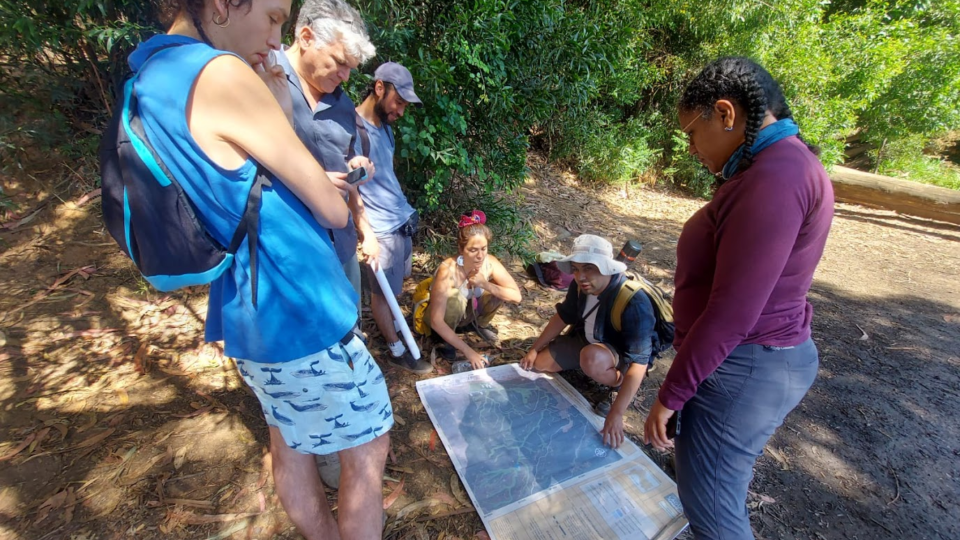What Will 2021 Hold for LOCSS?
 A Rainbow Over Lake Wenatchee, WA
A Rainbow Over Lake Wenatchee, WA
As we close the book on 2020, the fourth year of the LOCSS project, we are very excited for what 2021 will hold. We expect a challenging year ahead, as we all continue to manage life and work during the COVID-19 pandemic. But 2021 holds a great deal of opportunity, and we are planning for it to be the best year yet for the LOCSS project.
We are making plans to continue expanding our network of study lakes. In 2021, we will add more study lakes in areas where we have already made inroads, including Washington, Massachusetts, New Hampshire, France and India. By adding lakes in these locations, we will better understand the unique hydrology in each of these areas. We also have plans to expand to new states and countries as well, and will announce that work as it happens on our website and newsletter.
Much of our focus this year will be preparing our network of study lakes and citizen scientists for an upcoming satellite mission, call the Surface Water and Ocean Topography mission, or SWOT. SWOT will launch in early 2022 and is a collaboration between space agencies in the United States, Canada, United Kingdom, and France. It will be NASA's first global survey of the Earth's surface water, and will be able to measure both a lake's surface area extent and its lake surface elevation. Although it will eventually be able to survey the entire surface of the earth every 21 days, in the initial months of the mission it will only survey a small portion of the earth, but it will survey those areas every day. Many of our lakes in Washington, Massachusetts, New Hampshire, France and India fall within this one-day orbit. Therefore, the lake height measurements submitted by citizen scientists for these lakes can be useful in helping scientists understand how accurate the SWOT satellite is in measuring lake surface elevation. As we think about expanding our network of lakes and continuing to build partnerships with local partners and citizen scientists, we are doing so in a way that will ensure that the LOCSS project can be useful in this new satellite mission.
We are very excited about what 2021 holds for the LOCSS project. We've set lofty goals and are looking forward to building relationships with partners and citizen scientists around the world to help us meet those goals.
LOCSS News
We share stories about the lakes in our study, our partners and volunteer citizen scientists, as well as interesting results from our research.





